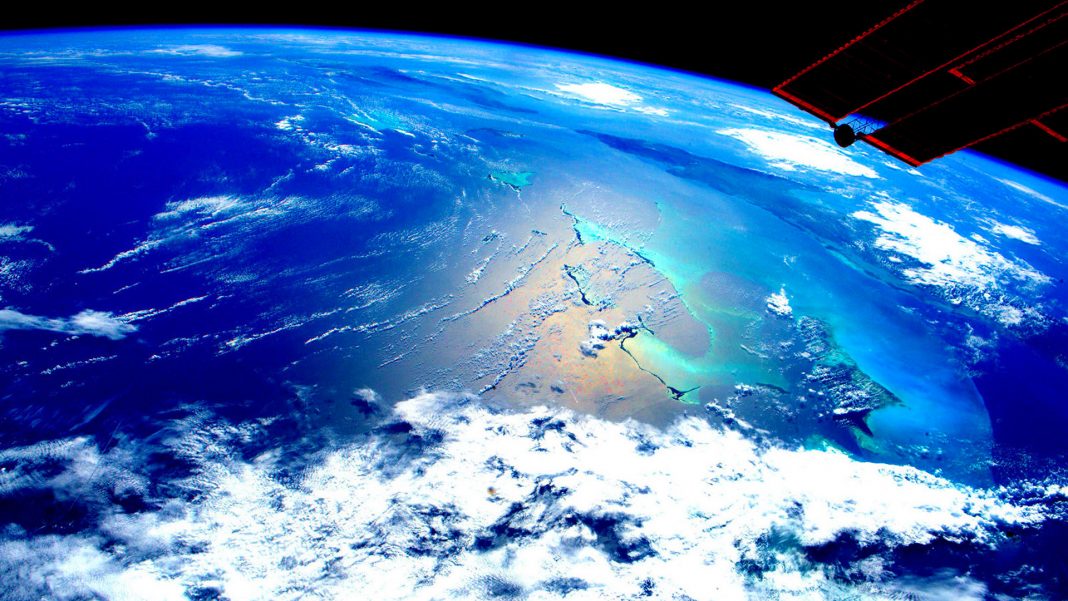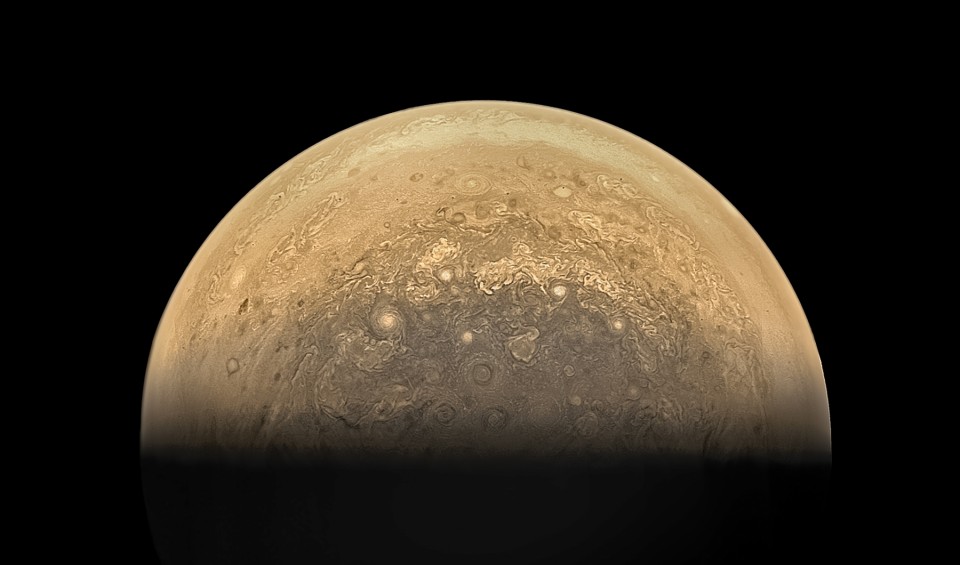Last November, professor Stephen Hawking predicted that we’ve got no more than 1,000 years in which to find a new home planet before ours becomes completely uninhabitable. However, a newly revised deadline has been issued which is a little scarier, and that sits at just 100 years. Big difference, eh?
“Professor Stephen Hawking thinks the human species will have to popular a new planet within 100 years if it is to survive,” confirms the BBC in an online statement. “With climate change, overdue asteroid strikes, epidemics and population growth, our own planet is increasingly precarious.”
In a new BBC series called Expedition New Earth, Hawking and colleagues take to the stars in discussion to see if it really is possible for humans to move on to live on other planets. It covers a lot of the evolving science and technology that may become vital as part of an escape plan from Earth and goes over many of the burning questions people have about colonizing on another planet, in regards to the biology, technology, and astronomy side of things.
Hawking is no stranger to the idea that we all need to find an alternative planet to live on and has even called for humans to colonize on the moon in the past. He claims that waiting on Earth any longer and we’ll be putting humanity at risk of complete extinction. “We must… continue to go into space for the future of humanity,” explains Hawkins. “I don’t think we will survive another 1,000 years without escaping beyond our fragile planet.”
Many of Hawking’s more explicit warnings focus on the advancement of technology. While he recognizes that advanced technology is needed in order to settle on another planet, yet this same technology could be the end of the human race before we get there if we aren’t careful. He warns, “Once humans develop artificial intelligence, it will take off on its own and redesign itself at an ever-increasing rate. Humans, who are limited by slow biological evolution, couldn’t compete and would be superseded.”
More News to Read
- Are You Ready to Wire Your Brain to the Internet?
- AI Will Take Your Job Away? Try to Learn These Programming Languages
- Europe Takes Quantum Computing to the Next Level With this Billion Euro Project
- Can a Video Really Teach Artificial Intelligent Common Sense?
- Climate Change is Real – Climate Change is Here











